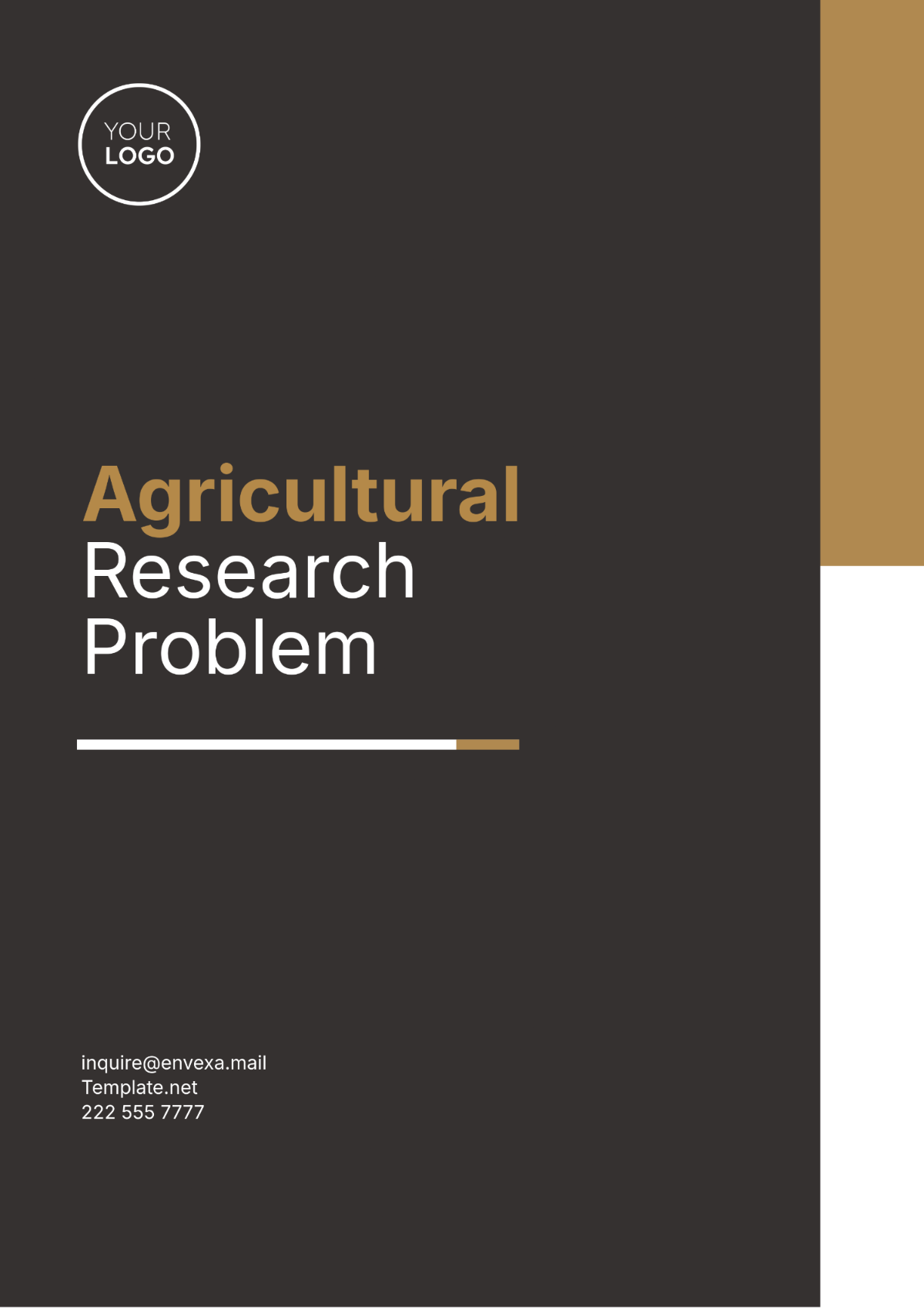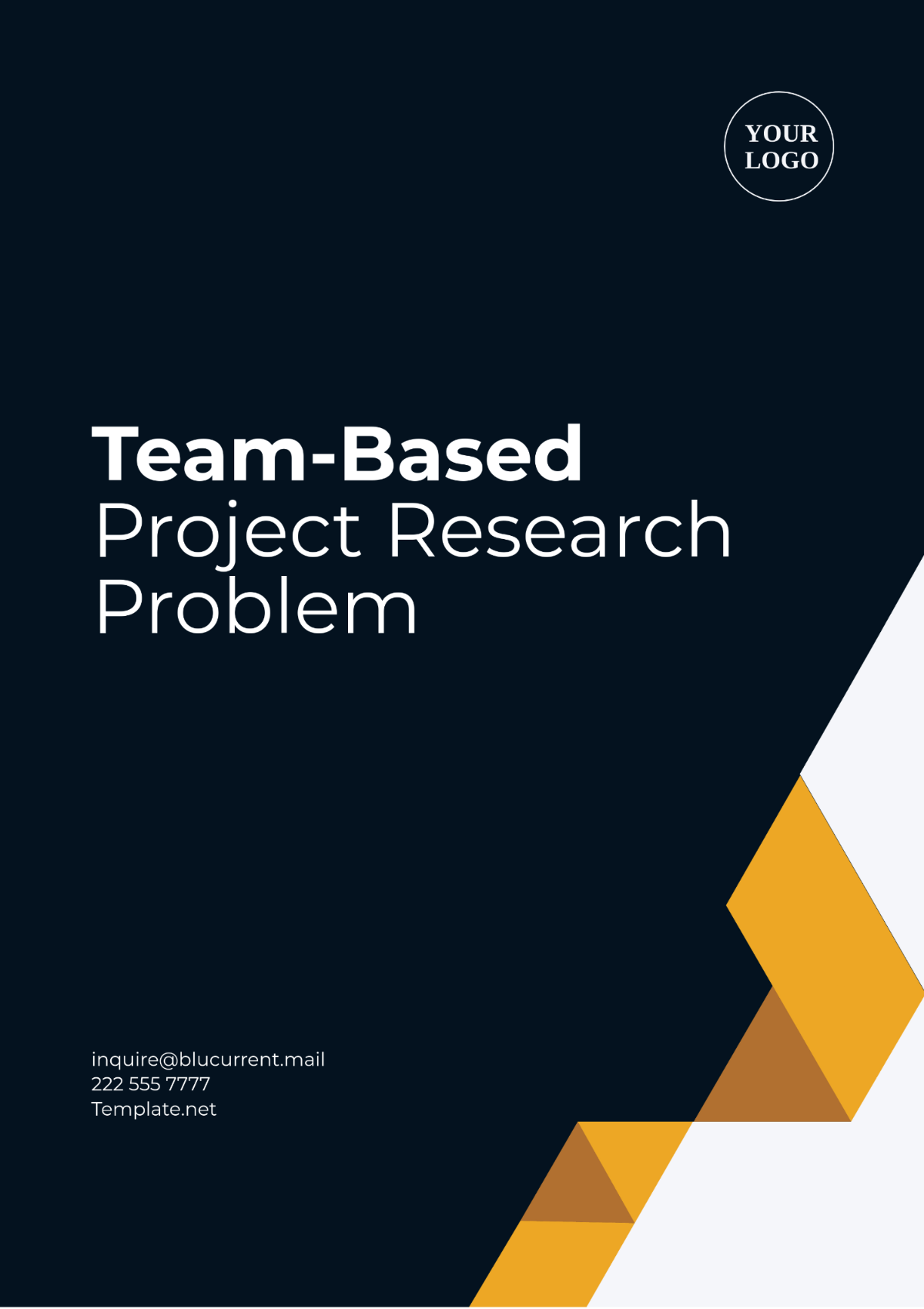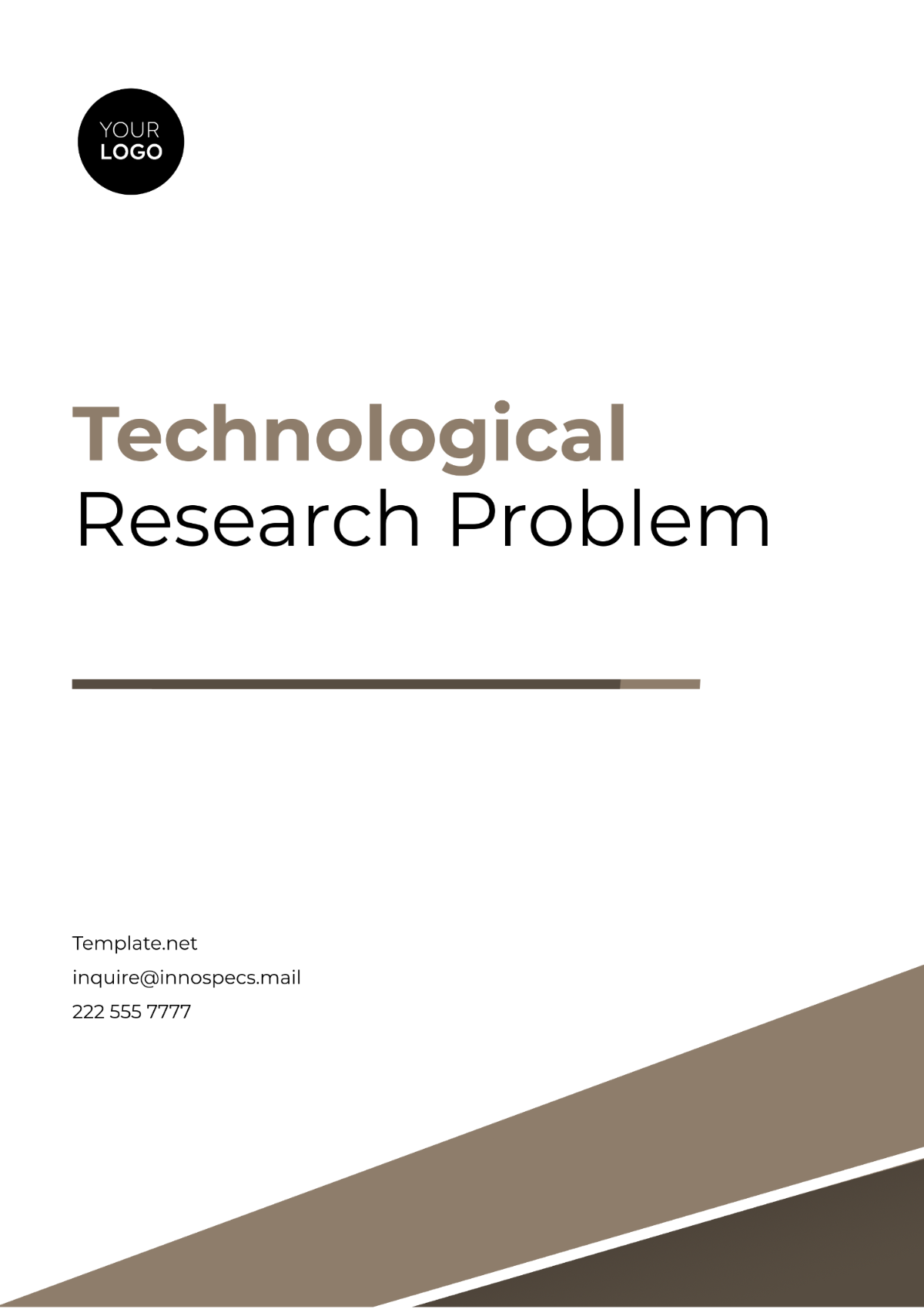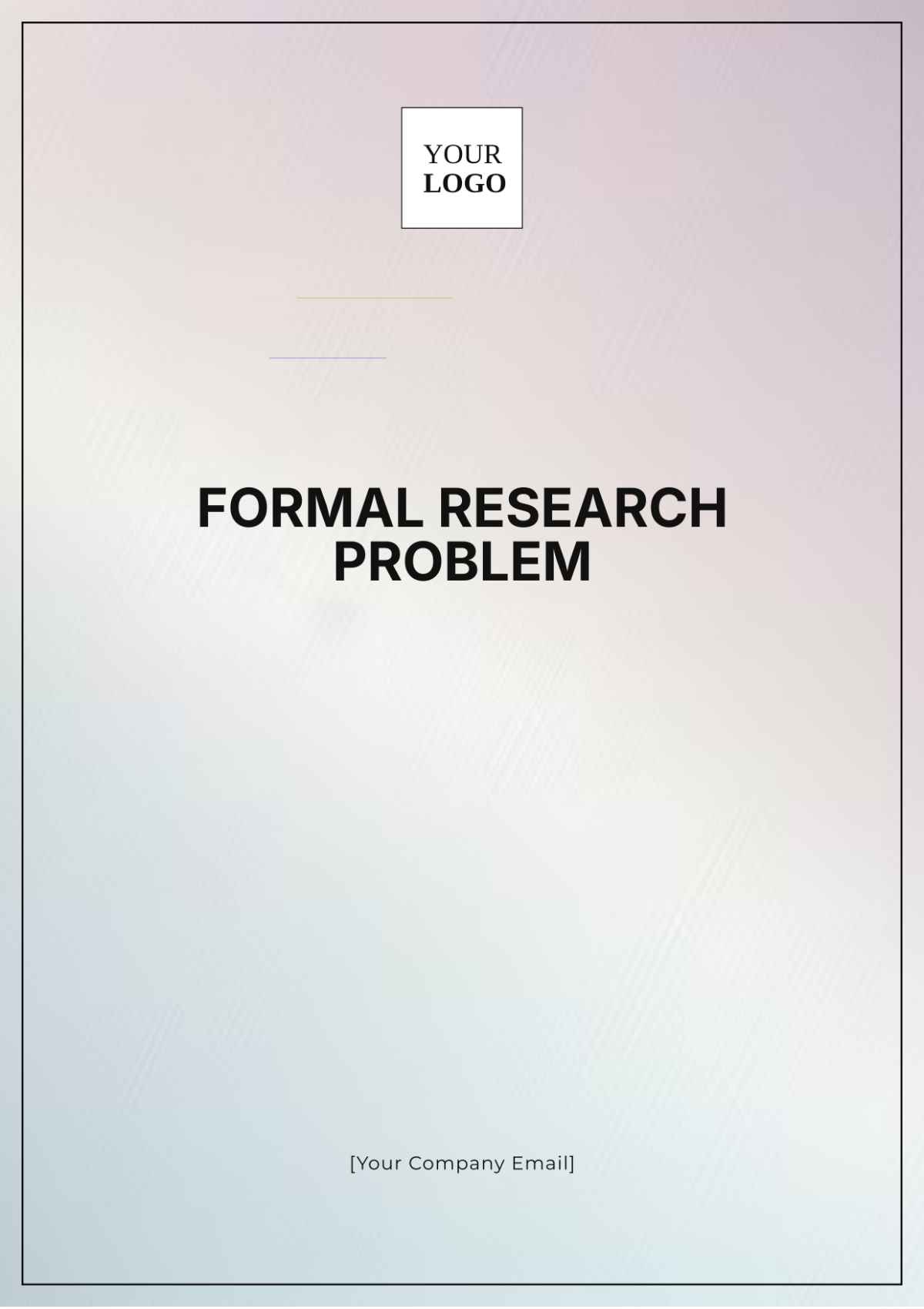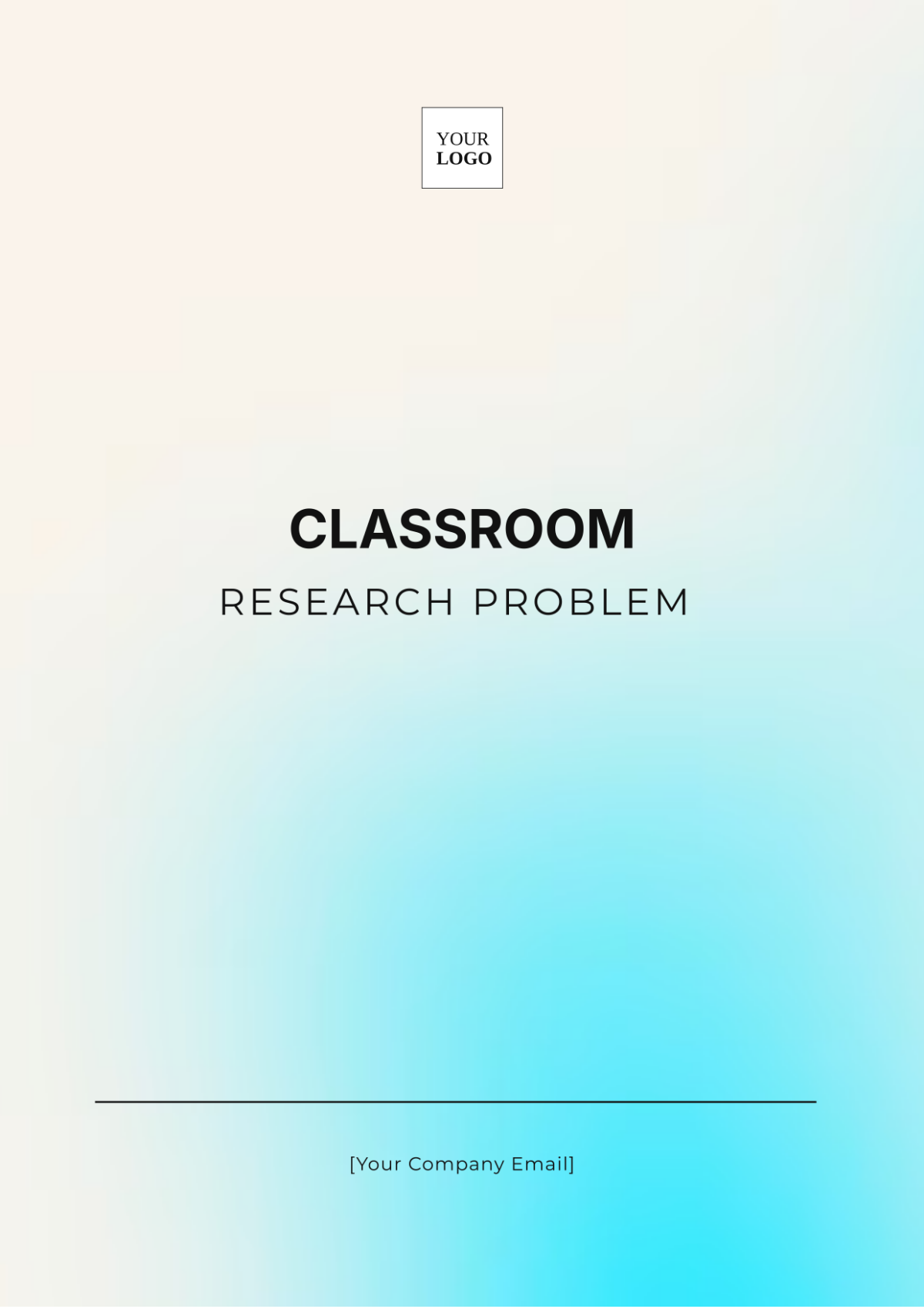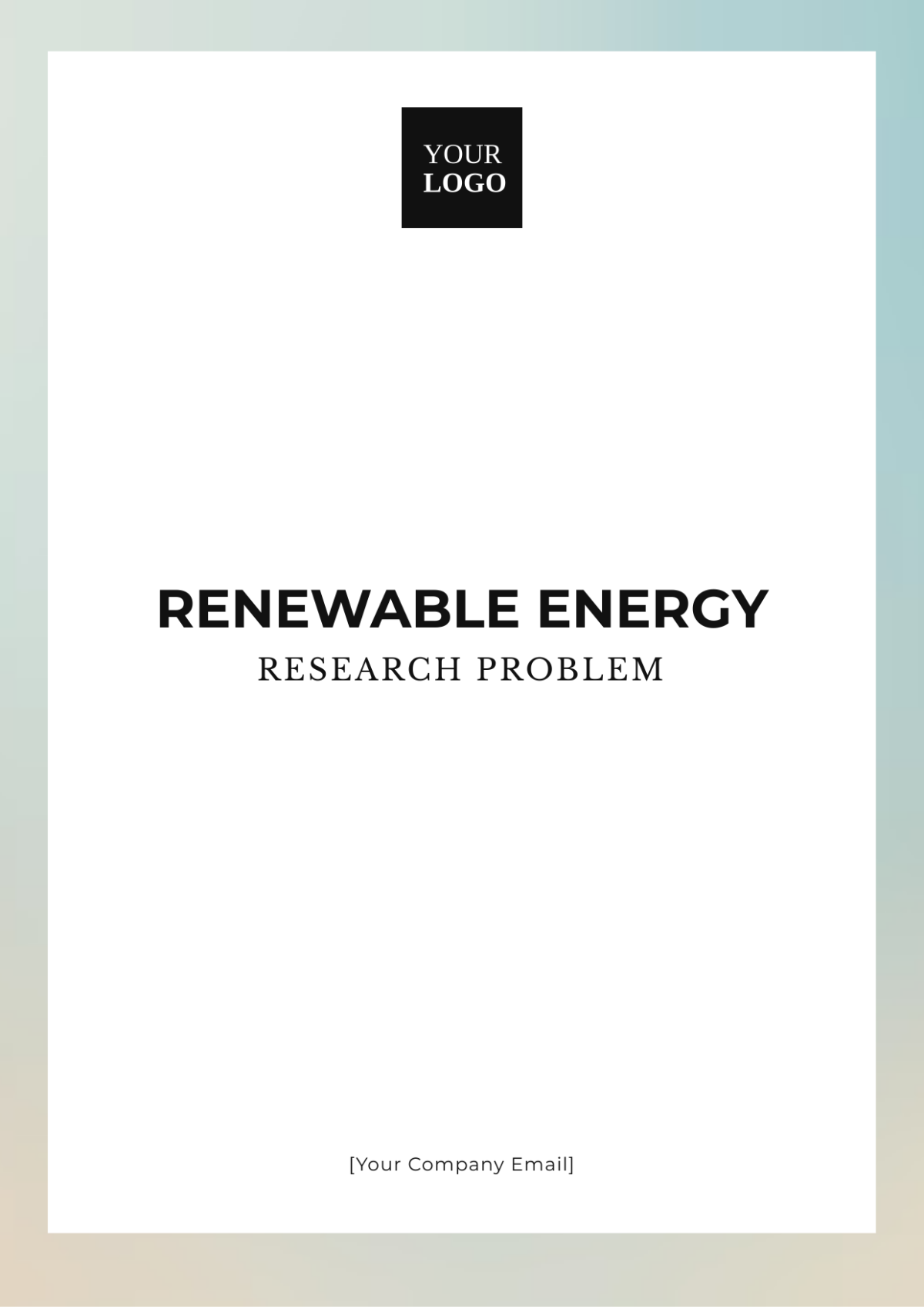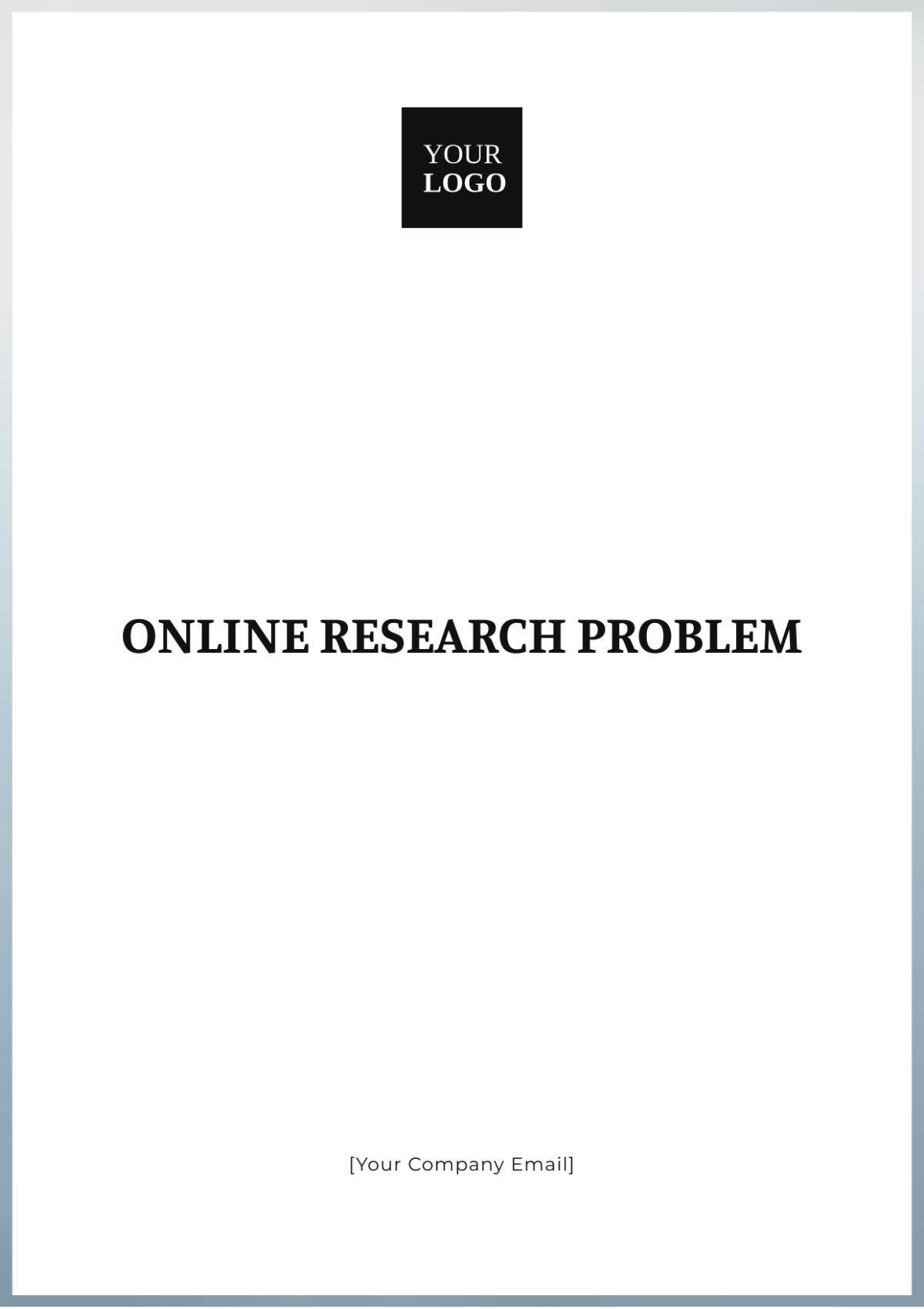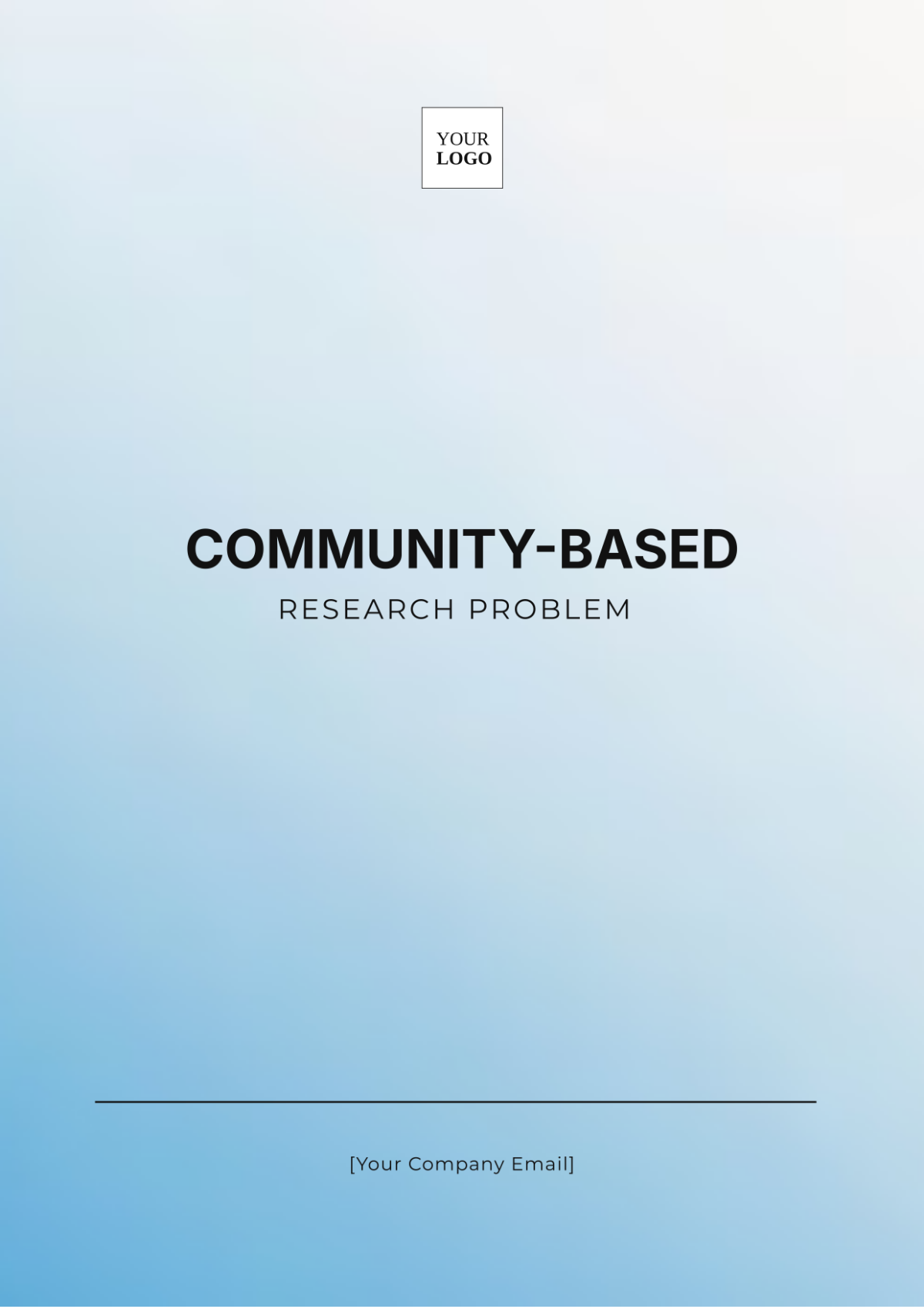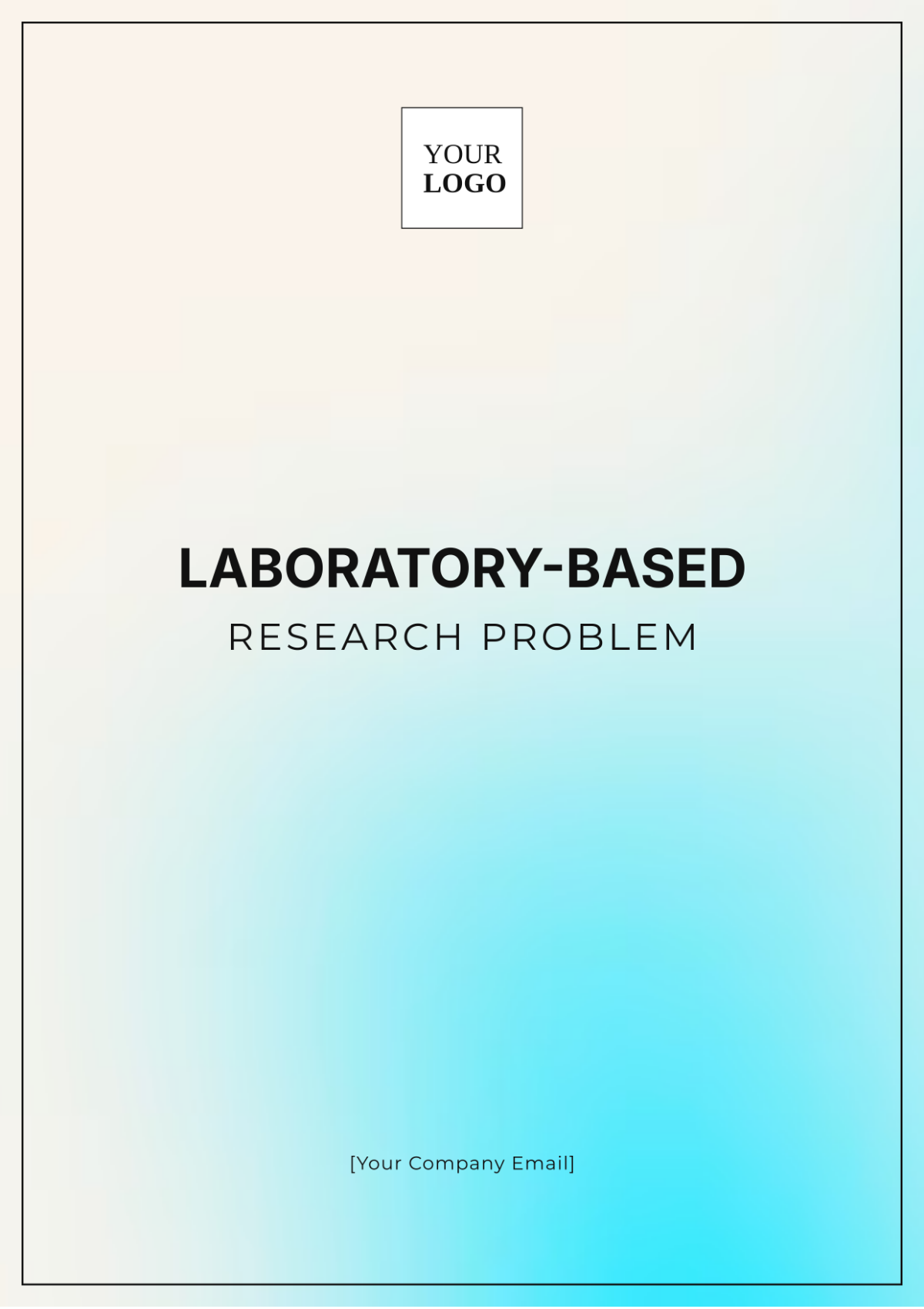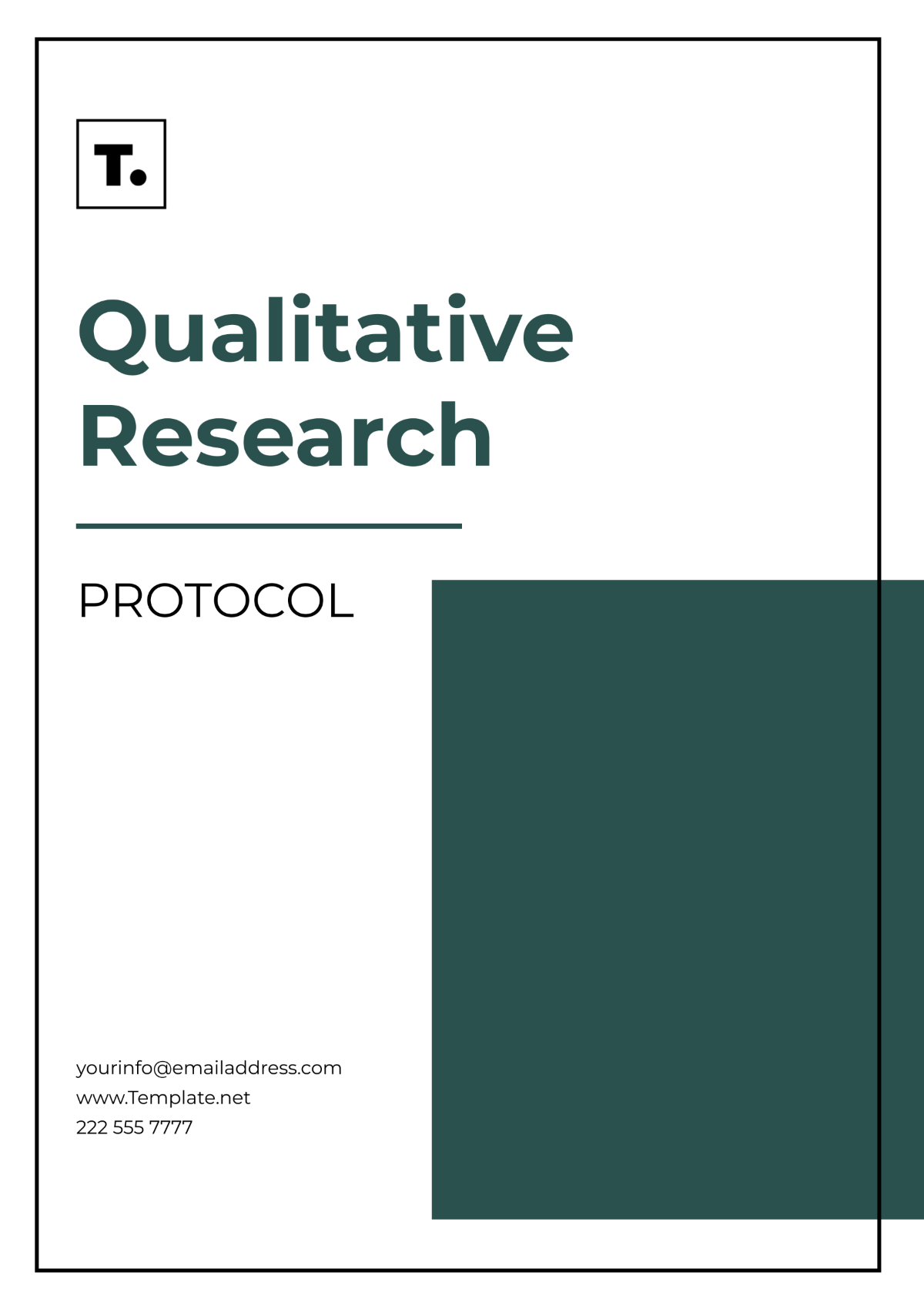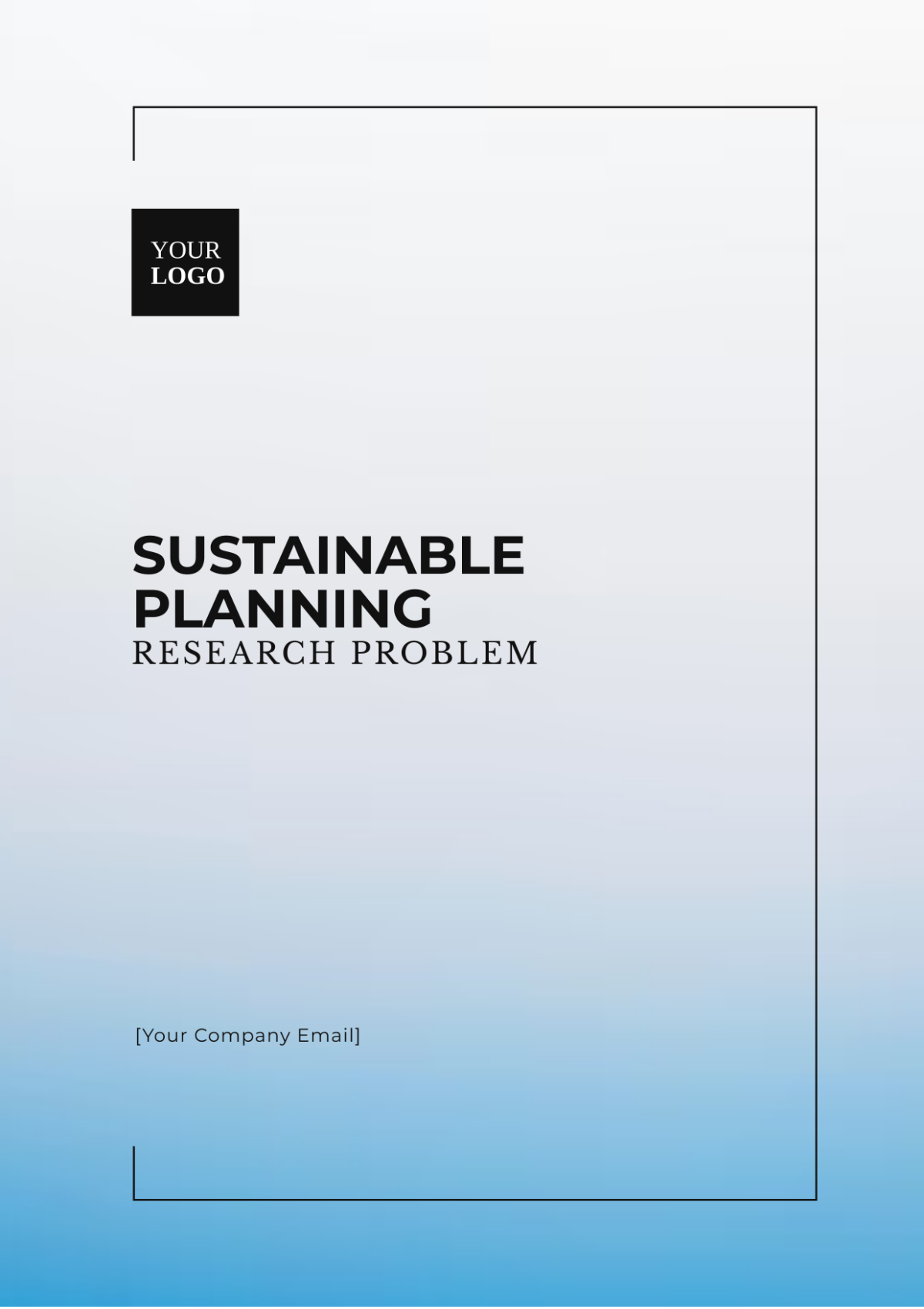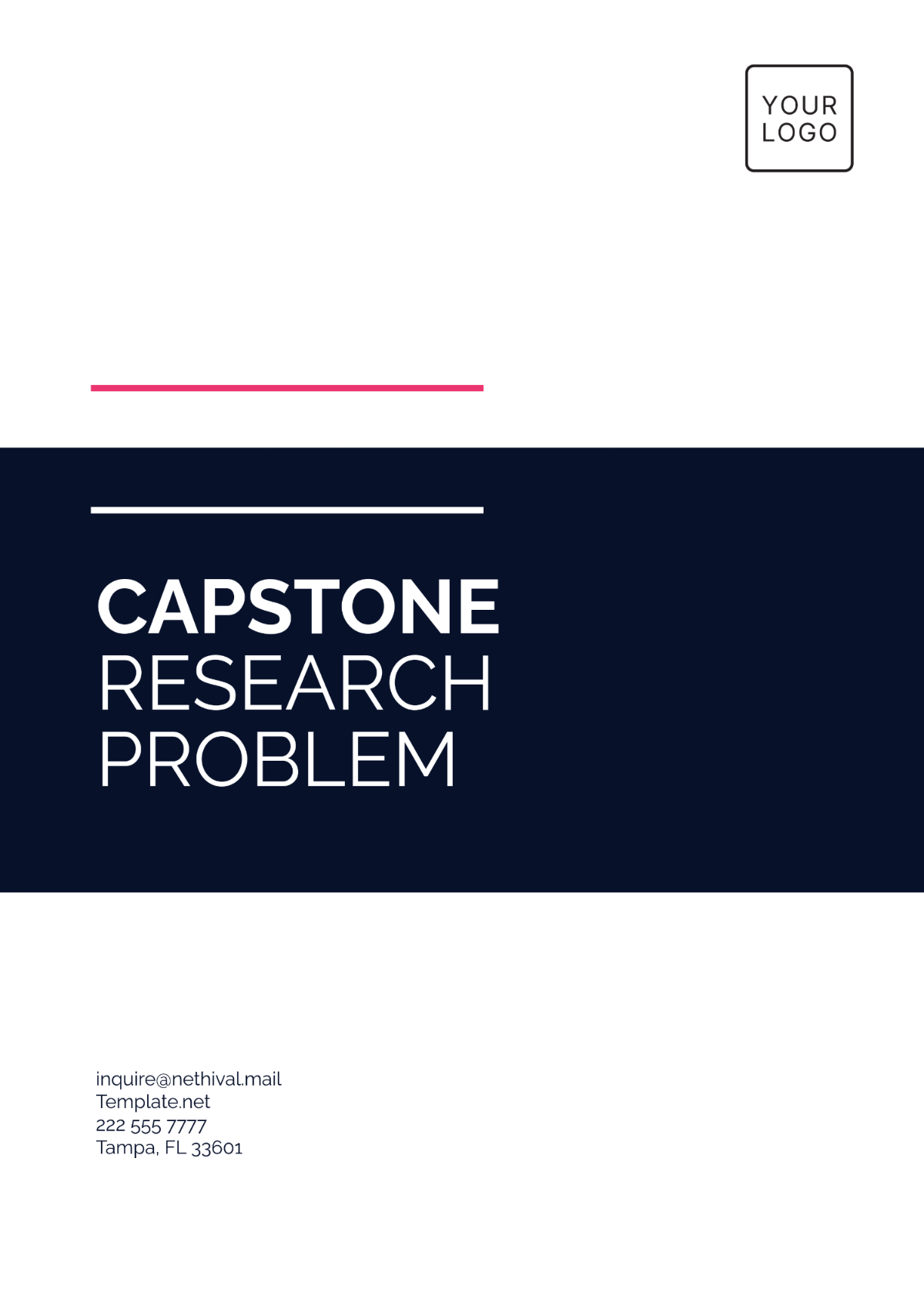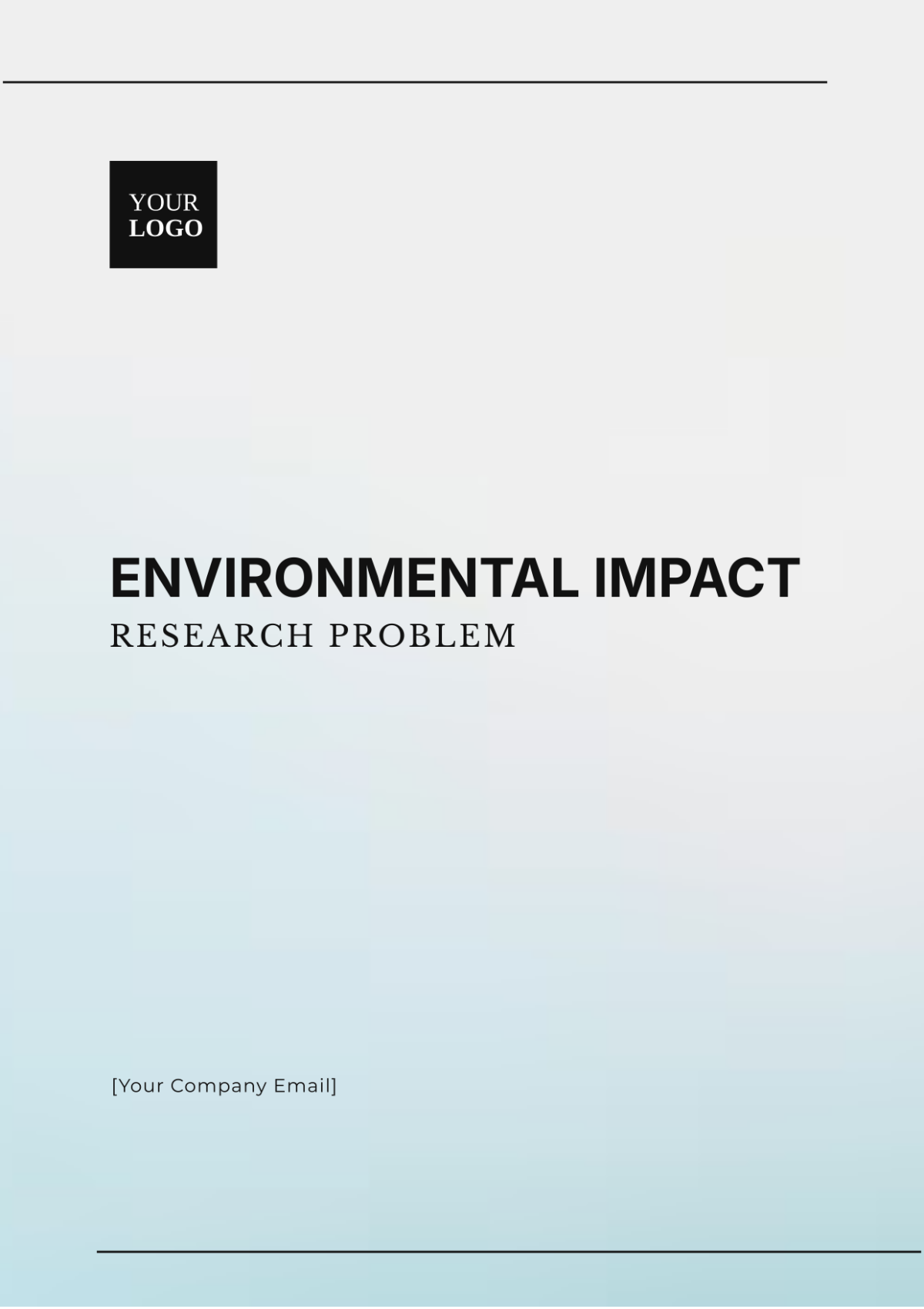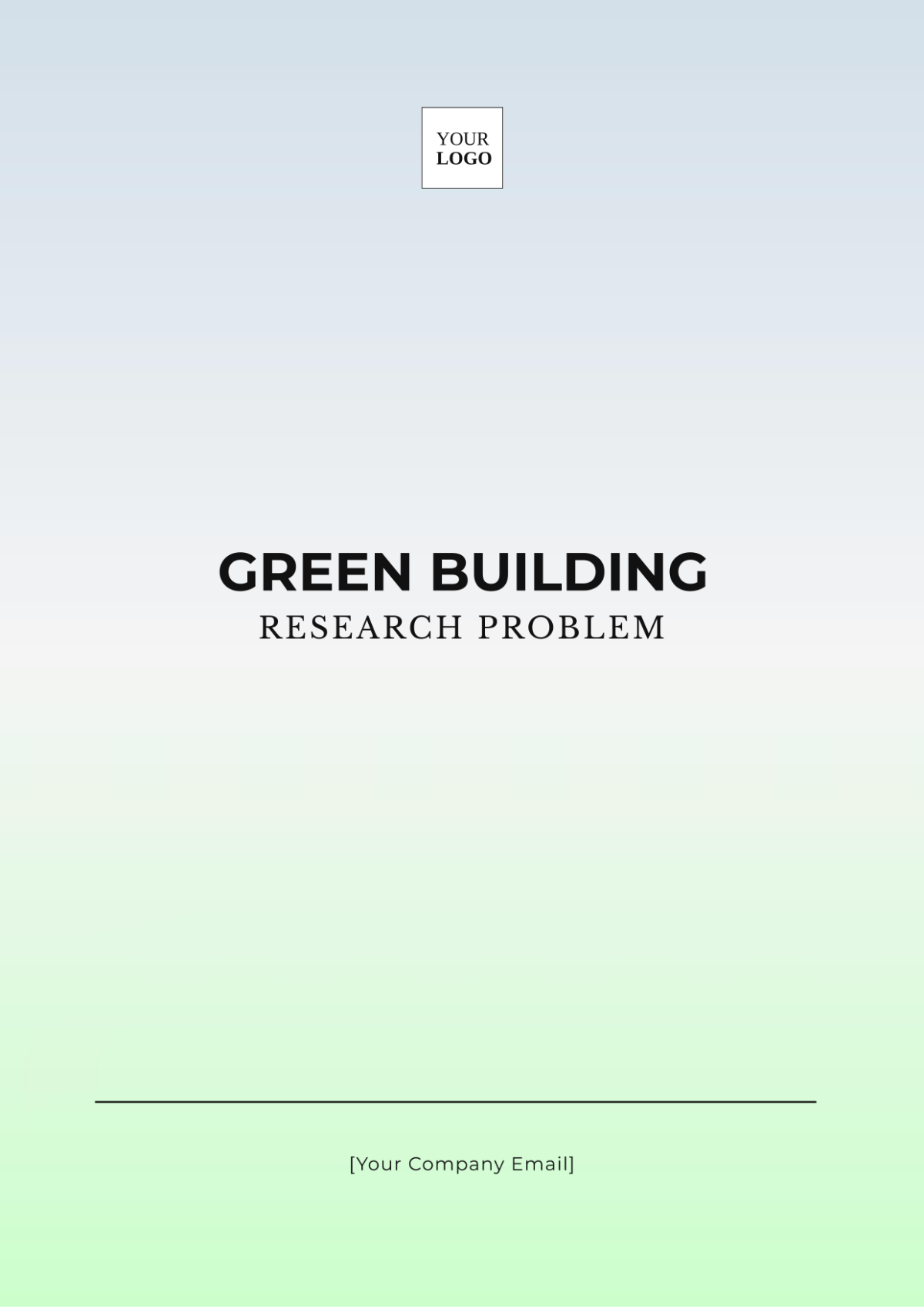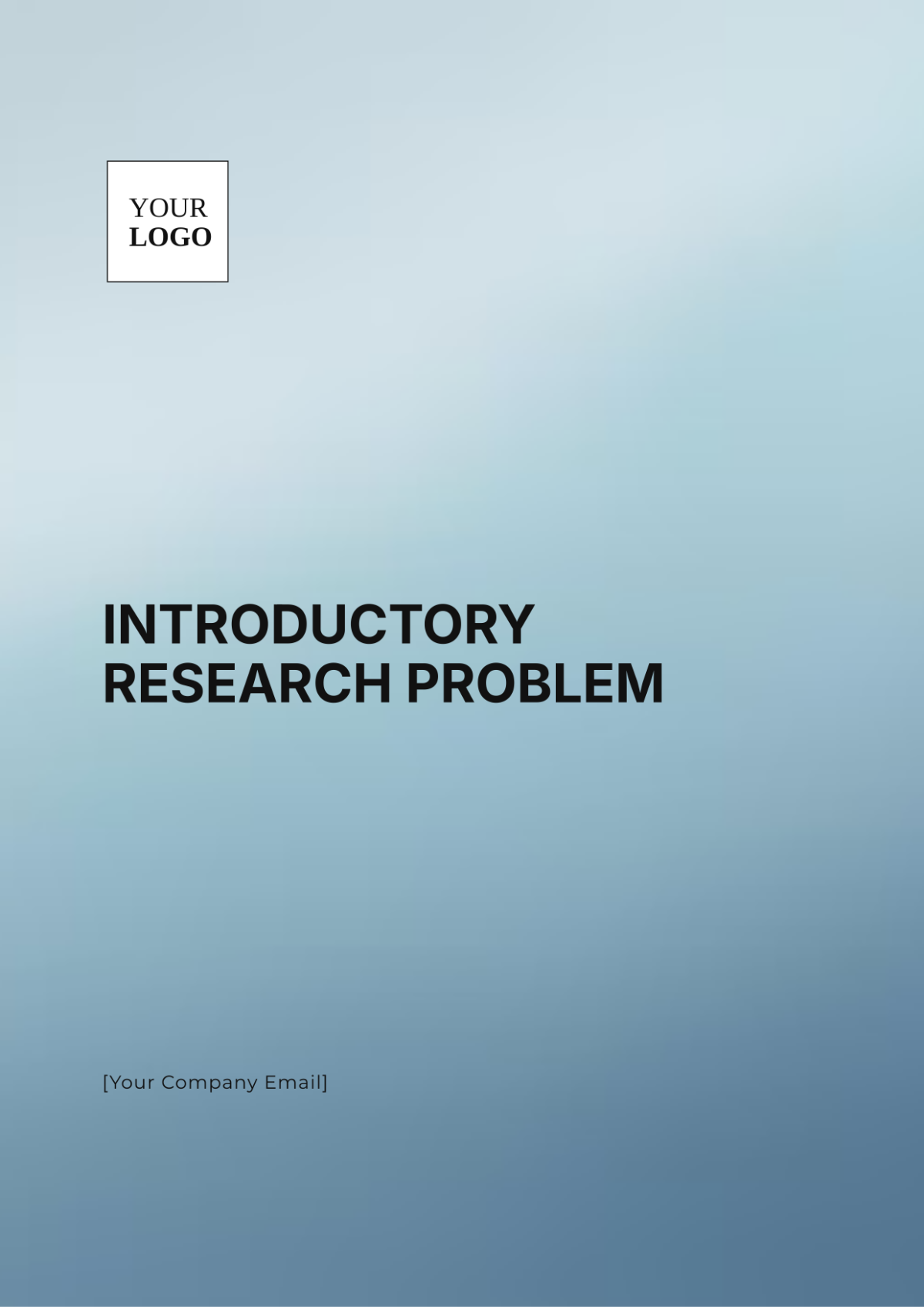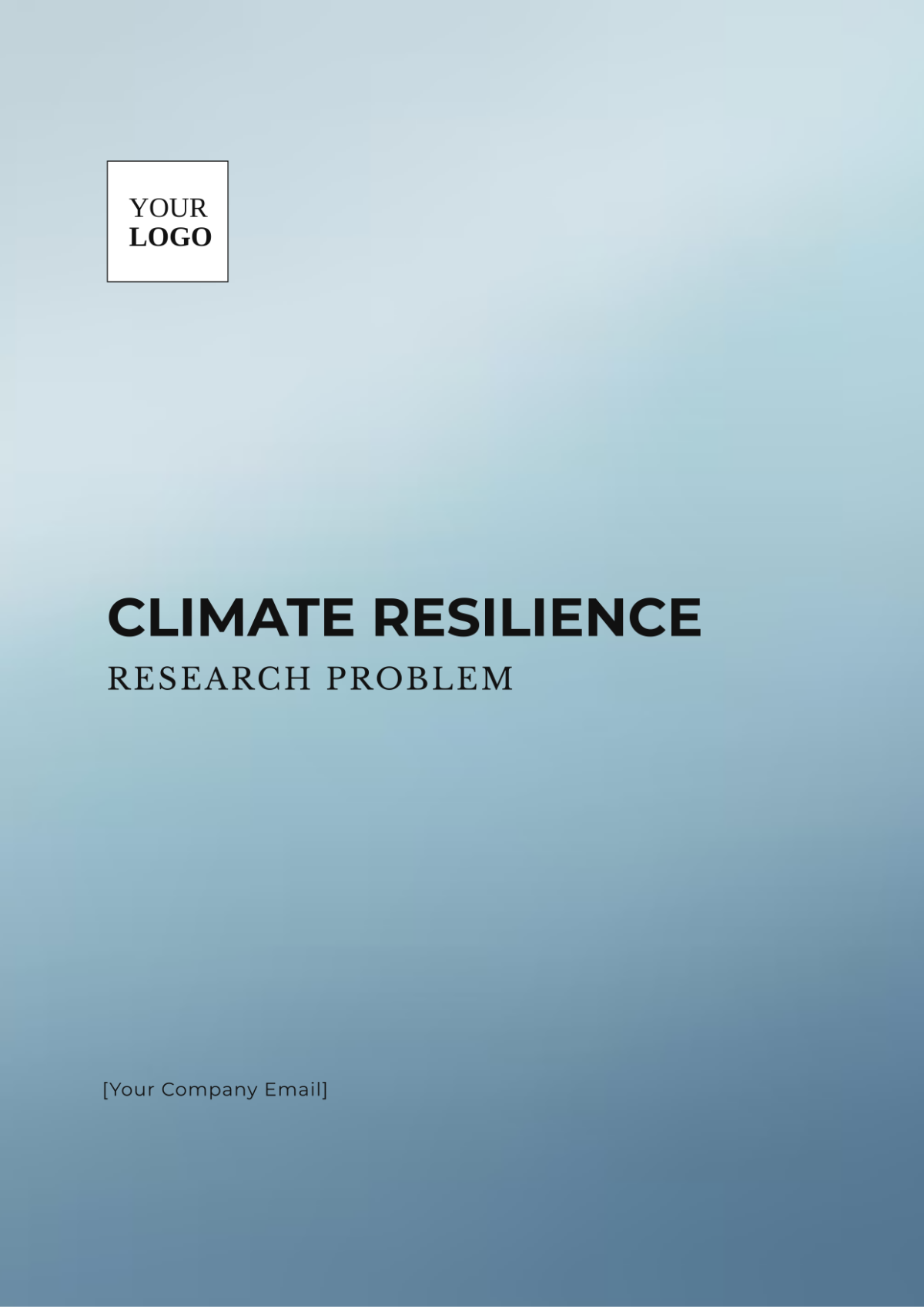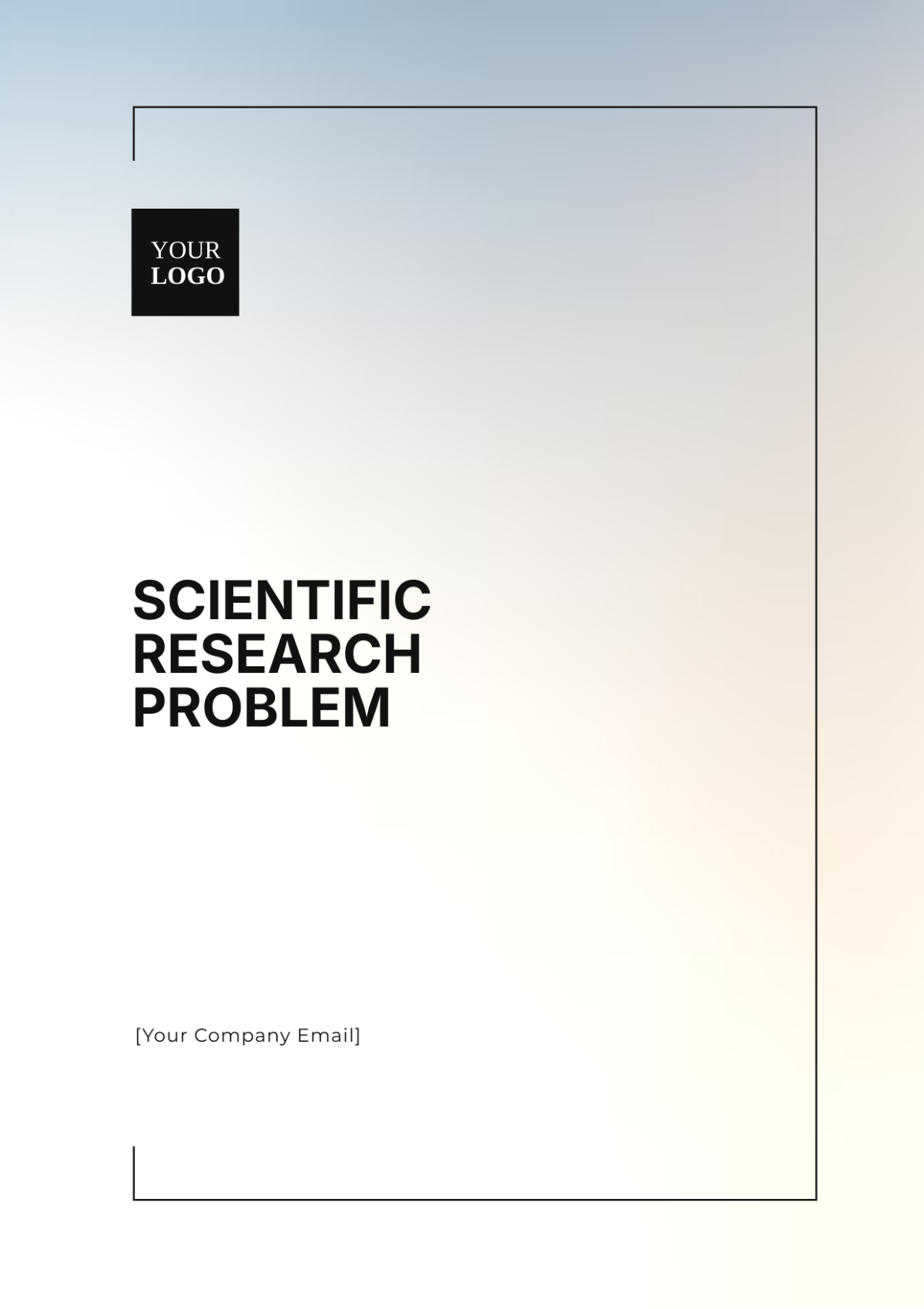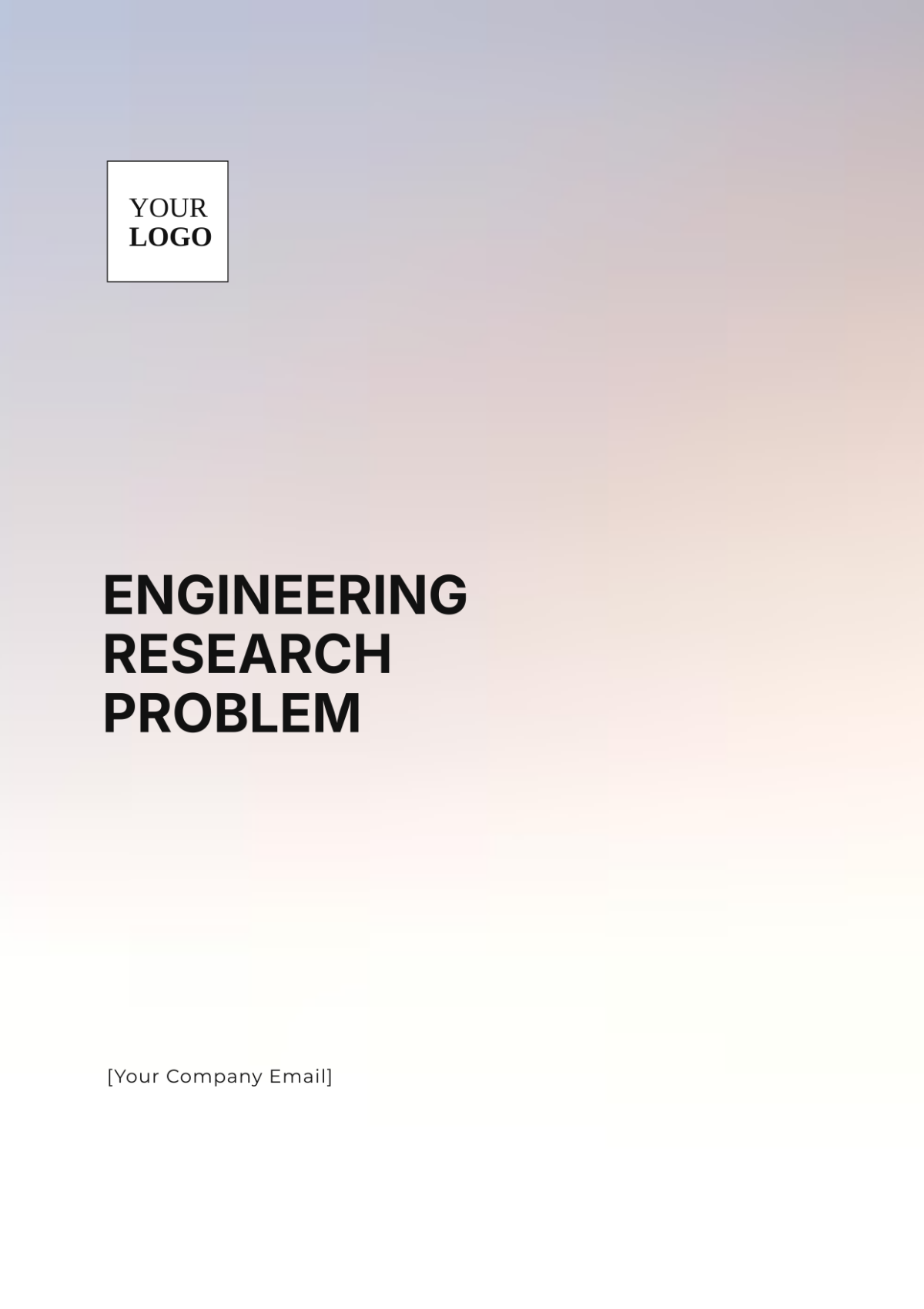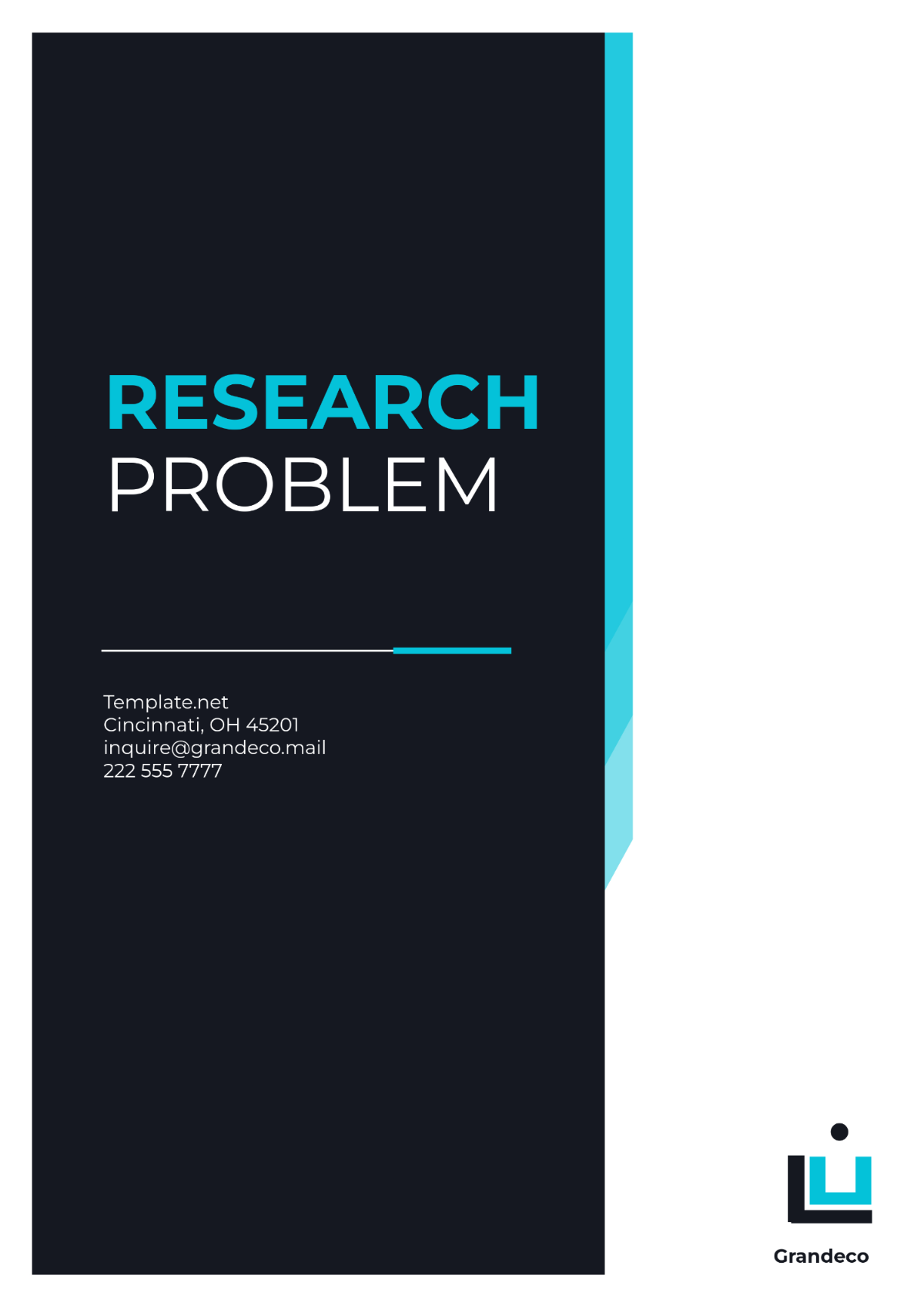Simple Academic Research
Prepared By: [YOUR NAME]
Affiliation: Future Scholars Academy
Company Name: [YOUR COMPANY NAME]
I. Abstract
This research explores the impact of virtual reality (VR) on learning outcomes among high school students. A study was conducted with students from the Future Scholars Academy to determine if VR can enhance understanding and retention of complex subjects. Results indicate a significant improvement in student performance and engagement when VR is integrated into the curriculum.
II. Introduction
Research Title: Impact of Virtual Reality on Learning Outcomes in High School Students

The integration of technology in education has advanced rapidly, with VR being one of the most promising tools. This study aims to investigate the effectiveness of VR in improving learning outcomes for high school students. Understanding the potential benefits of VR can help educators make informed decisions about incorporating it into their teaching strategies.
III. Literature Review
Previous research has shown mixed results regarding the effectiveness of VR in educational settings. Studies conducted in the early 2050s suggest that VR can increase student motivation and engagement. However, there is limited data on its long-term impact on knowledge retention and academic performance, necessitating further investigation.
IV. Methodology
A quasi-experimental design was used, involving 100 high school students from Future Scholars Academy. The students were divided into two groups: one group used VR for learning, while the control group used traditional methods. Data was collected through pre- and post-tests, as well as student surveys to gauge their engagement and satisfaction.
Pre-test and Post-test Scores
Group | Pre-test Average Score | Post-test Average Score |
|---|---|---|
VR Group | 65% | 95% |
Control Group | 68% | 78% |
Student Survey Results (VR Group)
Found the learning experience enjoyable - 85%
Found the learning experience engaging - 85%
Preferred VR-enhanced learning environments -90%
Felt more motivated to learn using VR - 88%
Believed VR helped in better understanding of topics - 87%
Student Survey Results (Control Group)
Survey Question | Percentage of Positive Responses |
|---|---|
Found the learning experience enjoyable | 60% |
Found the learning experience engaging | 62% |
Preferred traditional learning environments | 50% |
Felt motivated to learn using traditional methods | 55% |
Believed traditional methods helped in understanding topics | 58% |
V. Results
The VR group showed a 30% improvement in test scores compared to the control group. Surveys revealed that 85% of students in the VR group found the learning experience more enjoyable and engaging. These findings suggest that VR can be a powerful tool in enhancing educational outcomes.
VI. Discussion
The results indicate that VR can significantly enhance learning outcomes and student engagement. However, the study also highlights the need for proper training for educators to effectively integrate VR into their teaching. Future research should focus on the long-term impact of VR on different subjects and age groups.
VII. Conclusion
Incorporating VR into high school education can lead to improved learning outcomes and increased student engagement. While the initial results are promising, further research is needed to understand the long-term benefits and potential challenges. Educators should consider the findings of this study when exploring new technologies for their classrooms.
VIII. References
Johnson, A. (2051). The Future of Virtual Reality in Education. Journal of EdTech Innovations, 12(3), 45-60.
Smith, B., & Lee, C. (2052). Enhancing Student Engagement through Virtual Reality. Educational Research Quarterly, 29(2), 78-92.
Thompson, D. (2053). Long-term Effects of Virtual Reality on Learning. International Journal of Educational Technology, 15(1), 34-50.
















